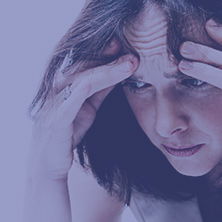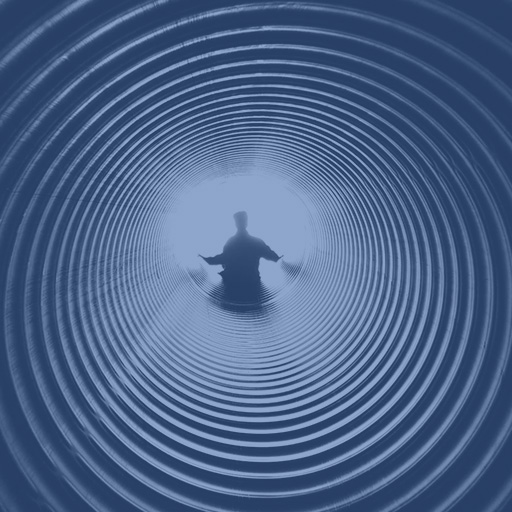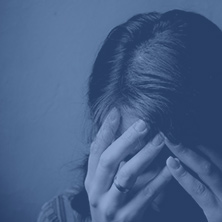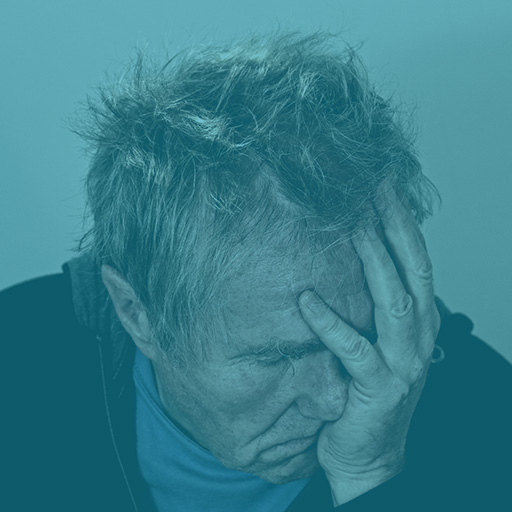
Click on any test below

Depression

Anxiety
 Adult ADHD Test" />
Adult ADHD Test" />
Adult ADHD

PTSD

Borderline Personality Disorder

Eating Disorder

Gambling Addiction

Mania

Narcissistic Personality Disorder

Postpartum Depression

Sex Addiction

Video Game Addiction

Internet Addiction

Job Burnout

Toxic Workplace

Panic Disorder

Obsessive-Compulsive Disorder

Male Sexual Dysfunction

Female Aggression

Male Aggression

Bipolar Disorder

Female Sexual Dysfunction

Social Anxiety Disorder

Hoarding Disorder

Psychosis

Complicated Grief

Dissociative Identity Disorder

Schizophrenia

Stress

Agoraphobia

Separation Anxiety

Somatic Symptom Disorder

Sleep Disorder

Repetitive Thoughts and Behaviors

Empathy Deficit Disorder

Binge Eating Disorder

Gender Dysphoria

Relationship Health

Sociopath
Mental health is a combination of our emotional, psychological, and social well-being. It affects how we think, feel, and act. It also helps determine how we handle stress, relate to others, and make choices. Mental health is important at every stage of life from childhood and adolescence through adulthood.
Over the course of your life, if you experience mental health problems, your thinking, mood, and behavior could be affected. Many factors contribute to mental health problems, including:
Most people believe that mental illness, sometimes known as mental disorder, is rare and “happens to someone else.“ In fact, mental illness is common and widespread. An estimated 54 million Americans suffer from some form of mental illness in a given year.
Most families are not prepared to cope with learning their loved one has a mental illness. It can be physically and emotionally trying and can make us feel vulnerable to the opinions and judgments of others.
If you think you or someone you know may have a mental or emotional problem, it is important to remember there is hope and help.
A mental illness is a disease that causes mild to severe disturbances in thought and/or behavior, resulting in an inability to cope with life’s ordinary demands and routines.
There are more than 200 identified forms of mental illness. Some of the more common disorders are depression, anxiety, borderline personality disorder, and PTSD. Symptoms may include changes in mood, personality, personal habits or social withdrawal.
Mental health problems may be related to excessive stress due to a particular situation or series of events. As with cancer, diabetes and heart disease, mental illnesses are often physical as well as emotional and psychological. Mental illnesses may be caused by a reaction to environmental stresses, genetic factors, biochemical imbalances, or a combination of these. With proper care and treatment many individuals learn to cope or recover from a mental illness or emotional disorder.
Not sure if you or someone you know is living with mental health problems? Experiencing one or more of the following feelings or behaviors can be an early warning sign of a problem:
It is especially important to pay attention to sudden changes in thoughts and behaviors. Also keep in mind that the onset of several of the symptoms above, and not just any one change, indicates a problem that should be assessed. The symptoms above should not be due to another medical condition.
Mental health issues are real, common, and treatable. According to the National Alliance on Mental Illness (NAMI) 1 in 5 adults experience mental illness and 20% of those are considered serious. 17% of 6-17 year olds experience a mental health disorder. So the first thing to remember is this: You are not alone.
If you feel that you are suffering from a mental illness, and particularly if those issues are preventing you from living life to the full or feeling yourself, you may want to consider professional help which can make an enormous difference.
And to be clear, you don't need to be going through a crisis in order to justify getting help. In fact, it can be advantageous from a treatment perspective to identify and deal with issues early and before they have a major impact on your life. Either way you should feel encouraged and able to seek help however you are feeling.
Mental health professionals such as licensed therapist can help in a range of ways including:
Treatment for mental health issues, and psychotherapy (sometimes known as 'talk therapy') in particular, frequently helps people to feel better, manage, and even get rid of their symptoms. For example, did you know that over 80% of people treated for depression materially improve? Or that treatment for panic disorder has a 90% success rate?
Other treatment options include medication which, in some cases, can be highly effective when administered in combination with psychotherapy.
So what is psychotherapy? It involves talking about your problems and concerns with a mental health professional. It can take lots of forms, including individual, group, couples and family sessions. Often, people see their therapists once a week for 50 minutes to start with and then reducing frequency as time goes on and issues subside. Treatment can be as short as a few weeks or as long as a few years depending on your particular situation and response.
Never think that getting help is a sign of weakness. It isn't. In fact, it can be a sign of strength and maturity to take the steps necessary to becoming you again and getting your life back on track.
Are you in distress? If so, or if you think that you may hurt yourself or attempt suicide, call 911 or your local emergency number immediately.
Also consider these options if you're having suicidal thoughts:
If a loved one or friend is in danger of attempting suicide or has made an attempt: